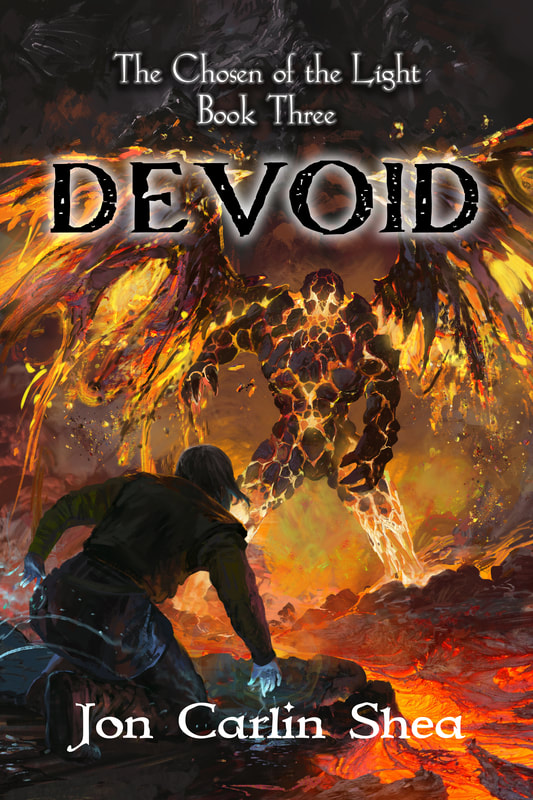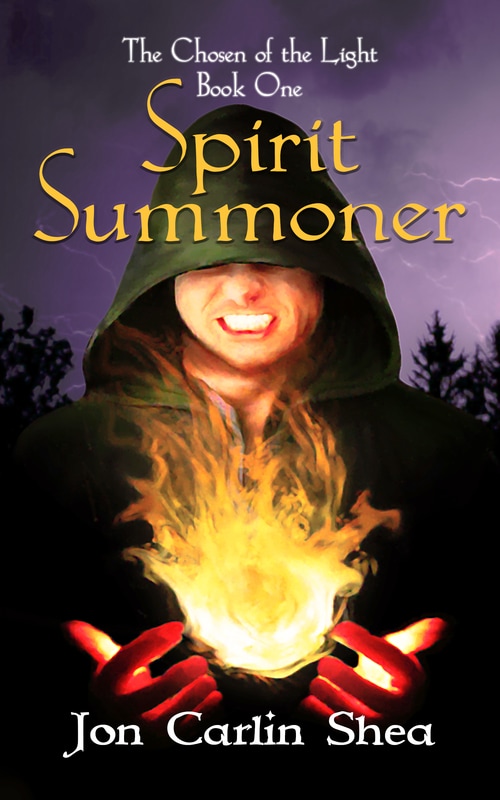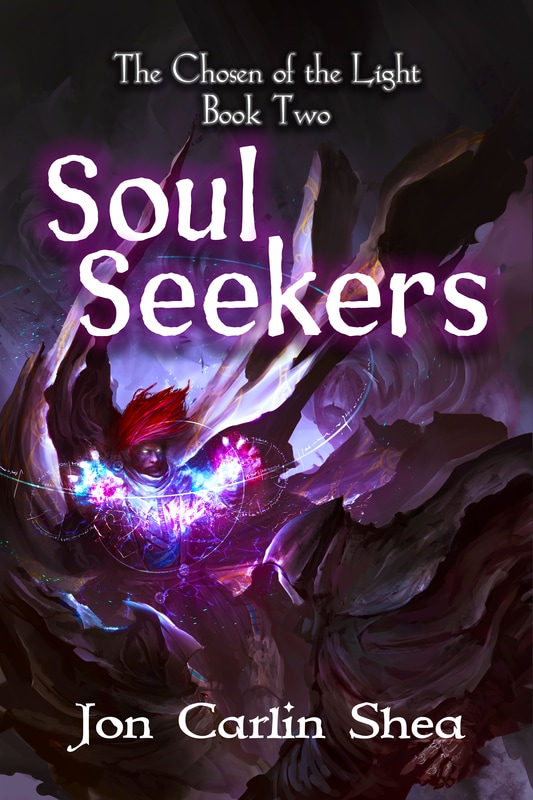 There's a technique in writing that many are probably familiar with called "Show, don't tell." The purpose of the technique is to allow readers to experience a story through senses, thoughts, and emotions instead of being told about thoughts and emotions through narrative description. Show the reader what's happening rather than tell them what's happening. "But what happened to storytelling? Isn't that what authors are supposed to do? Aren't they supposed to tell stories?" That's exactly how I used to think, and to some extent, still do. But my eyes have been opened finally, and the technique of "Show, don't tell" was explained to me in a way that didn't immediately turn me off to it. Regardless of how it happened, using it has helped make me a better writer. I'm not sure exactly where I went wrong, or even if I really did. I started reading fantasy at an early age, and with it, I was absorbed into a world so much larger and grander than (at the time) even I could imagine. The words themselves were mere conduits that took me into those worlds, so I might have glossed over certain details like "Show, don't tell" because my overactive imagination filled in any blanks. All I knew for certain was that I was being told a story by someone else, and that story sent my mind soaring! When I began writing my own fantasy fiction and setting my own worlds into word frames, I probably "told" my stories a lot more than "show" them. When I first started writing, it never occurred to me that I would have an audience. These stories were for me and for me alone, and so writing in a way that would allow someone other than myself into my world was anathema. But after writing for a few years, I began to wonder if I could make a career out of this "fun thing" I liked to do. My writing evolved after that. I took into account that I might have an audience. This didn't mean I had to write specifically for that audience, but my words shouldn't be all about me. I wanted to bring my readers into my world, not close them out, so I tried to make my words resonate with the reader so that they would be allowed in. But even then, I resisted the phrase "Show, don't tell" like the plague. I was a storyteller! My writing was MY style, and I told my readers stories! Even during college while studying creative writing, any time I heard "Show, don't tell" I rolled my eyes. So what changed for me? Ultimately, it came from a likely source, my editor for Spirit Summoner. I really have to say thank you to Shawn for opening my eyes to this, because if she'd approached things a little differently, I probably would have fought tooth-and-nail and resisted the change to my words. When I got my batch of edits back for Spirit Summoner, one of the things she told me to look for was filter words. Despite all my years in the writing world, I'd never heard of this, and so I asked for clarification. She explained that filter words place a character between the detail you want to present and the reader, and she told me to look for any variation of these words: to see to hear to think to touch to wonder to realize to watch to look to seem to feel (or feel like) can to decide to sound (or sound like) to know It took a little more explaining than just this for me to finally get it, but once I understood, I eagerly started work on my manuscript, hunting out these filter words that were mucking up my writing. Before I knew it, I was changing all sorts of words, letting my characters act out their thoughts or feelings or reactions rather than explaining how it happened. With each change, I found myself reading my words differently; they were stronger, more real. I couldn't do this everywhere, mind you, because otherwise my readers would be suffering through every minute detail. But where it mattered, my characters lived in the moment, and I hope my readers get to experience that. The alternative is that each moment is explained to them. For the first time in my life, I see what great storytelling that is!
0 Comments
Leave a Reply. |
Archives
March 2019
Categories |




 RSS Feed
RSS Feed
